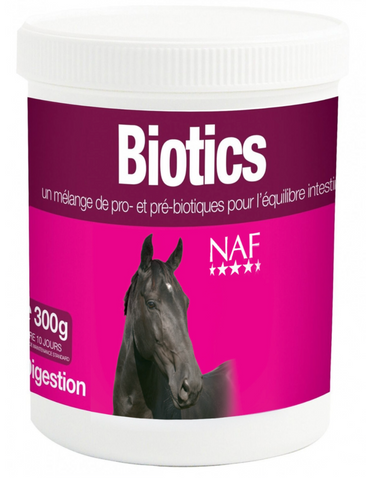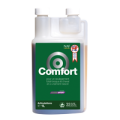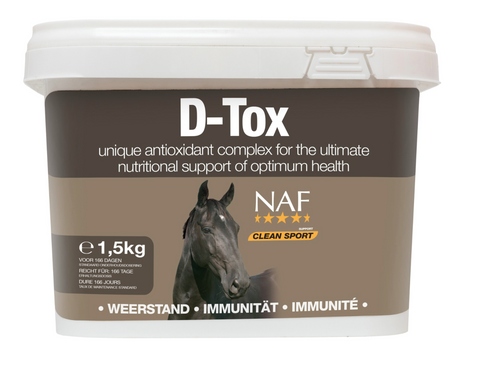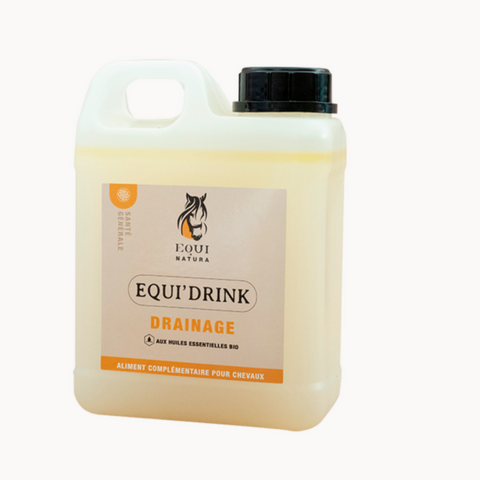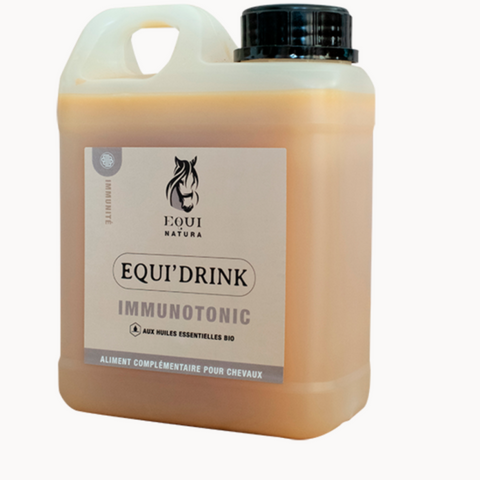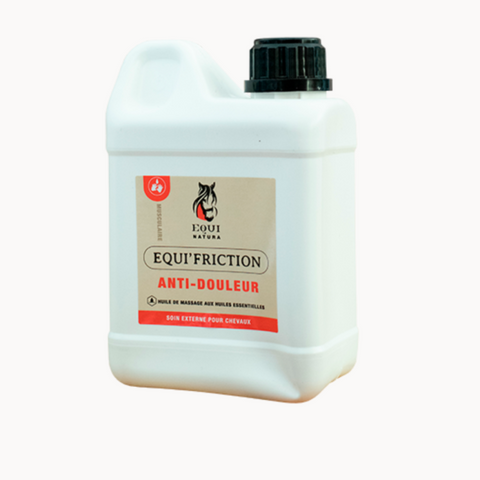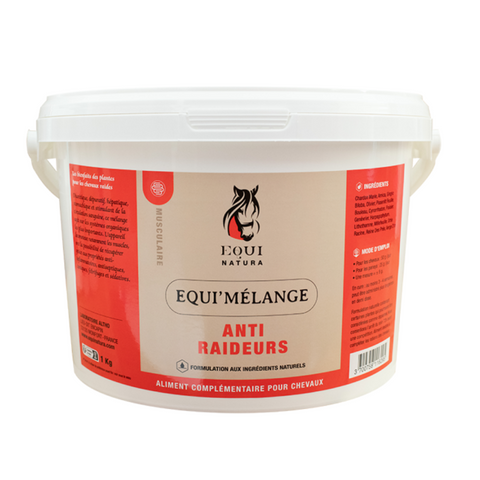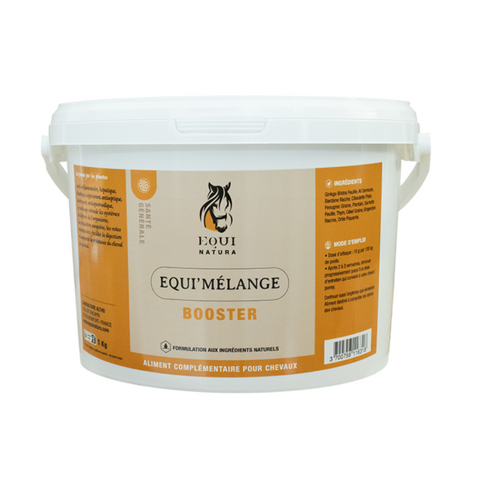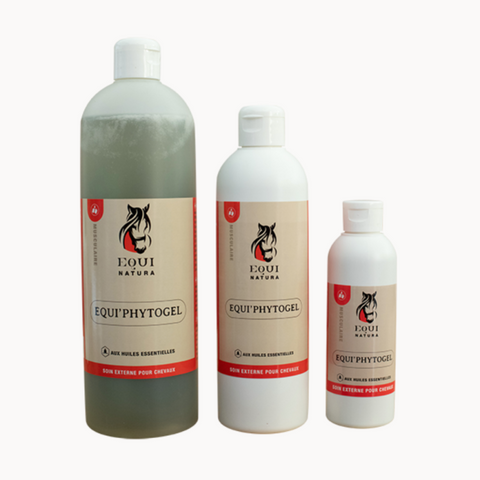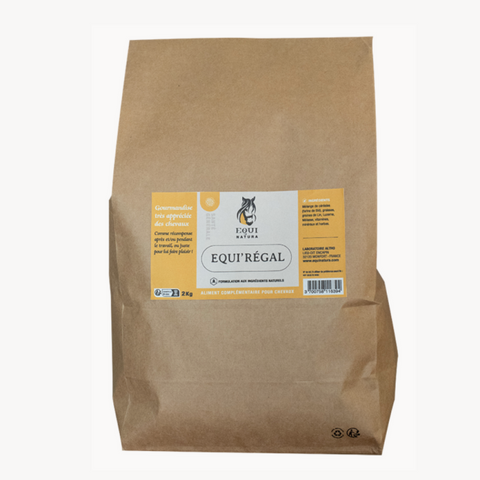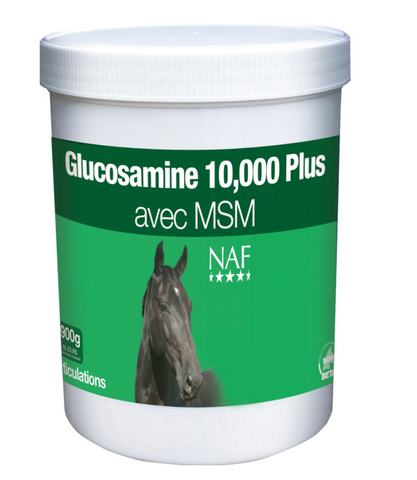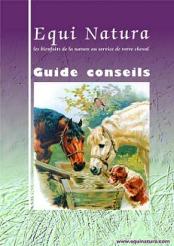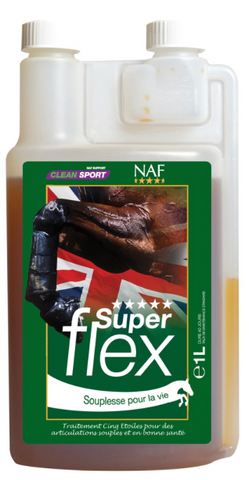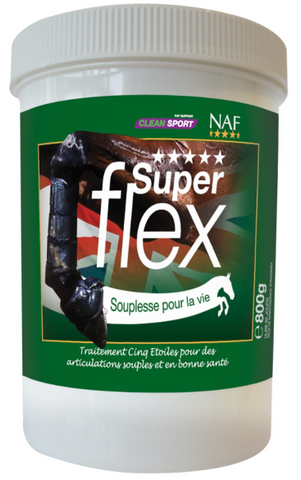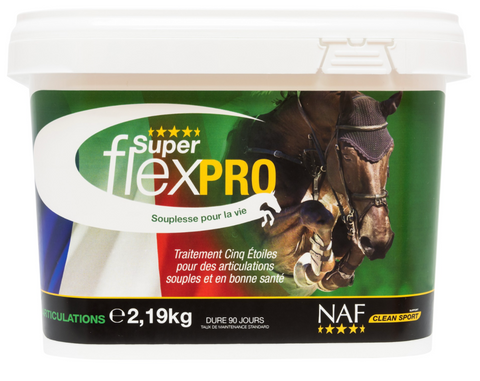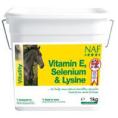Additional information: MSM
MSM stands for methylsulphonylmethane, an organic sulfur in assimilable form.
After calcium and phosphorus, sulfur is the most important mineral. In nature, sulfur is found in the sea, rain, grass, plants, trees etc. It is very volatile and the preparation of grain and the drying that turns the grass into hay removes much of the sulfur.
Everywhere present
Sulfur compounds are found everywhere in the body, especially in the skin, hair, hooves, muscles, tendons, joints.
Sulfur is an essential element in the cohesion of collagen (molecular bonds). Collagen is the major constituent of connective tissue and cartilage. Connective tissue is found in different forms within all organs, blood vessel walls, skin, ligaments, joint capsules, tendons, hooves, etc. The quality of connective tissue and cartilage is closely linked to the quality of sulfur bonds.
Sulfur is also an essential building block for amino acids (including methionine, cysteine, glutathione, taurine), biotin, various vitamins including thiamine (vitamin B1), hormones such as insulin and chondroitin sulfate. In the event of a sulfur deficiency, cellular repair processes will be impaired.
The importance of sulfur
The presence of sulfur is essential for the entire body; however its role will be preponderant at certain levels:
*tendons, muscles, joints: role in repair phenomena and significant anti-inflammatory action;
*skin: in the event of a wound: delayed healing and poor appearance of scars in the event of sulfur deficiency;
*hoof: growth, flexibility and quality of the horn linked to the presence of sulfur;
NB when the marshal is hot shoeing, the smell of burnt horn is that of sulfur;
*lungs: resistance and elasticity of the pulmonary membranes and anti-inflammatory effect;
*sport and endurance horses that work a lot cannot do without sulfur. This can significantly reduce the risk of tendon-muscle injuries and joint problems;
*MSM-sulfur also has a good influence on sick or elderly horses. These horses need it a lot. MSM-sulfur is increasingly used following illnesses, allergies, injuries, and operations, as sulfur has a positive influence on the immune system.
The need for sulfur
In its natural state, the horse will find its supply of sulfur in grass. The need for sulfur increases for the horse in the stable and to the extent that the body is more stressed, either physically, illness, injuries, stress, gestation, or psychologically.
NAF sulfur is natural and devoid of toxicity. It comes in the form of a white, odorless crystalline powder. The formulation eliminates the risk of overdose. In cellular repair phenomena, sulfur has a synergistic action with vitamin C.
After calcium and phosphorus, sulfur is the most important mineral. In nature, sulfur is found in the sea, rain, grass, plants, trees etc. It is very volatile and the preparation of grain and the drying that turns the grass into hay removes much of the sulfur.
Everywhere present
Sulfur compounds are found everywhere in the body, especially in the skin, hair, hooves, muscles, tendons, joints.
Sulfur is an essential element in the cohesion of collagen (molecular bonds). Collagen is the major constituent of connective tissue and cartilage. Connective tissue is found in different forms within all organs, blood vessel walls, skin, ligaments, joint capsules, tendons, hooves, etc. The quality of connective tissue and cartilage is closely linked to the quality of sulfur bonds.
Sulfur is also an essential building block for amino acids (including methionine, cysteine, glutathione, taurine), biotin, various vitamins including thiamine (vitamin B1), hormones such as insulin and chondroitin sulfate. In the event of a sulfur deficiency, cellular repair processes will be impaired.
The importance of sulfur
The presence of sulfur is essential for the entire body; however its role will be preponderant at certain levels:
*tendons, muscles, joints: role in repair phenomena and significant anti-inflammatory action;
*skin: in the event of a wound: delayed healing and poor appearance of scars in the event of sulfur deficiency;
*hoof: growth, flexibility and quality of the horn linked to the presence of sulfur;
NB when the marshal is hot shoeing, the smell of burnt horn is that of sulfur;
*lungs: resistance and elasticity of the pulmonary membranes and anti-inflammatory effect;
*sport and endurance horses that work a lot cannot do without sulfur. This can significantly reduce the risk of tendon-muscle injuries and joint problems;
*MSM-sulfur also has a good influence on sick or elderly horses. These horses need it a lot. MSM-sulfur is increasingly used following illnesses, allergies, injuries, and operations, as sulfur has a positive influence on the immune system.
The need for sulfur
In its natural state, the horse will find its supply of sulfur in grass. The need for sulfur increases for the horse in the stable and to the extent that the body is more stressed, either physically, illness, injuries, stress, gestation, or psychologically.
NAF sulfur is natural and devoid of toxicity. It comes in the form of a white, odorless crystalline powder. The formulation eliminates the risk of overdose. In cellular repair phenomena, sulfur has a synergistic action with vitamin C.

